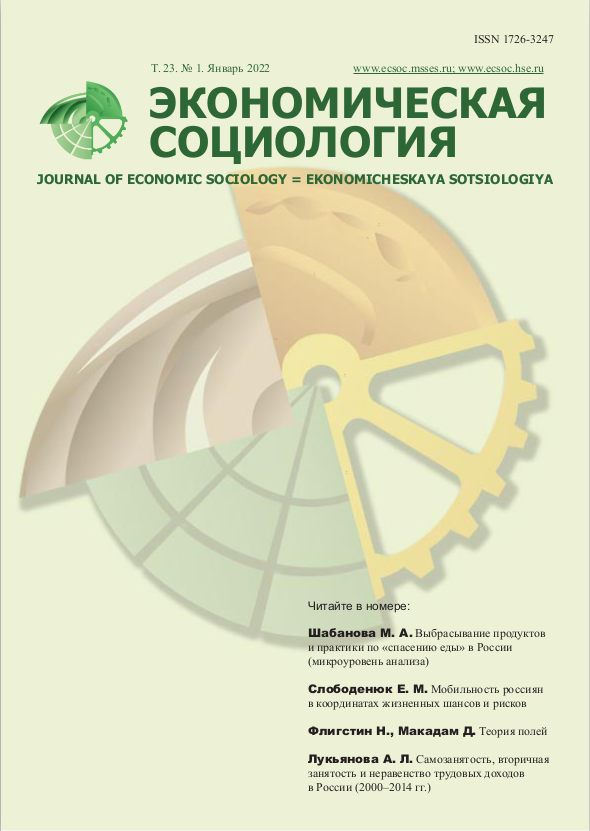Fieldwork Challenges Stemming from Doing Studies in Illegal Wildlife Trade (IWT)
Abstract
This article presents the authors’ self-reflections on the challenges they faced as researchers during their long-term study of the illegal wildlife trade of sturgeon meat and caviar and Caspian seals’ skins and oil that they carried out from 2012 to 2019. The authors focus on the following main topics: personal health and security issues resulting from the activities of the police and the Federal Security Service, the recruitment and training of local assistants and university students, intergenerational and gender gaps that exhibit a strong influence on the development of trust between researchers and respondents, the network density of market dynamics and speed of communication through the market, and the shift in environmental legal regulations as an influence on current studies. In addition, the authors stress the lack of appropriate infrastructure to conduct systemic data collection and local populations’ unawareness of research fieldwork on social and economic issues ever undertaken in the areas under study. The authors show that for the study of informal economy activities to prove successful, several points should be identified: first, the formation of identity to be considered acceptable in the local community so that the researcher is perceived as a member of the community; second, the influence of gender boundaries on research driven by the ever-increasing complexity of social interactions set in different social and cultural contexts; and, third, time and funding as two of the most important things that should be taken into account when planning field studies, depending on how strong the illegality is and whether assistants are ready to face “others” from their own community.













